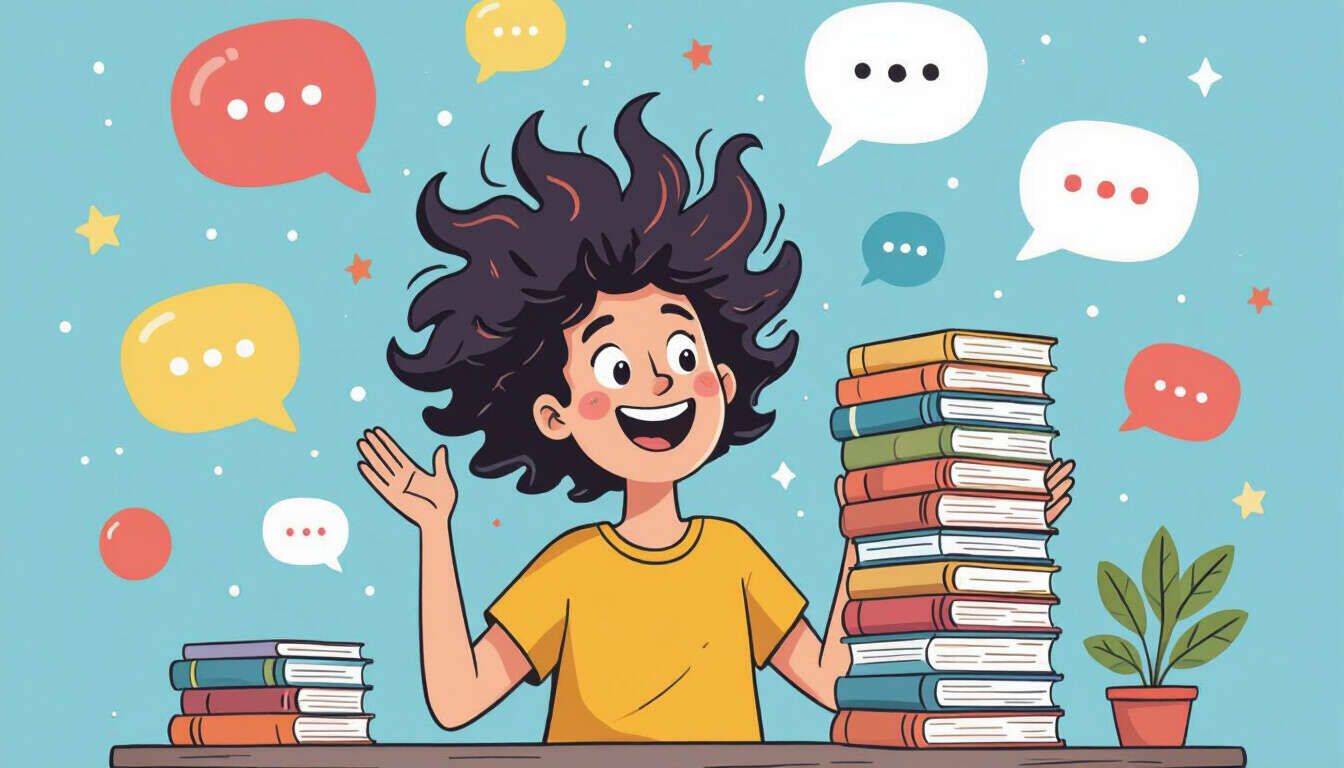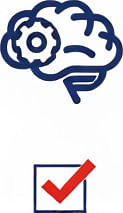Boosting Social Skills to Enhance ADHD Productivity
 by Lilian Nienow
by Lilian Nienow
Discover practical techniques to improve social interactions for those with ADHD, helping to build better relationships and increase daily efficiency. Learn how simple strategies can make a real difference in managing everyday challenges.

Living with ADHD can present unique hurdles in social settings, where maintaining focus and engagement might feel challenging. Many people find that social skills play a key role in overall productivity, as strong connections often lead to better collaboration and support networks.
Why Social Skills Matter for ADHD
For individuals with ADHD, interactions can sometimes lead to frustration or exhaustion. Building social skills helps create routines that reduce overwhelm and foster positive experiences. Think of it as investing in relationships that energize rather than drain you.
One effective approach is to set clear goals for social events. Before attending a gathering, take a moment to outline what you hope to achieve, such as making one new connection or sharing ideas. This method allows for intentional participation without the pressure of constant improvisation.
Simple Techniques to Try
Start with small, manageable steps. For example, practice active listening by focusing on the speaker's words and responding thoughtfully. ADHD symptoms like mind-wandering can interrupt this, but with regular practice, it becomes easier to stay present.
Another strategy involves using visual cues. Keep a notebook handy to jot down key points from conversations, which can help reinforce memory and follow-through. This technique supports better communication and prevents the common pitfall of forgetting details.
Consider incorporating breaks into social activities. If a conversation feels overwhelming, step away briefly to regroup. This isn't about avoidance; it's about sustaining energy for meaningful exchanges.
Group activities can also be beneficial. Joining clubs or online communities related to your interests provides a structured way to interact. Here, shared passions make conversations flow naturally, reducing the effort needed to stay engaged.
Building Habits for Long-Term Success
Over time, consistency is essential. Create a daily routine that includes time for social practice, such as scheduling calls with friends or participating in group hobbies. These habits can transform social skills from a chore into a rewarding part of life.
Remember, progress might be gradual, and that's perfectly fine. Celebrate small victories, like successfully navigating a group discussion, to build confidence. Surrounding yourself with understanding people can make this journey more enjoyable and less isolating.
Incorporate reflection into your routine. After social interactions, spend a few minutes noting what went well and what could improve. This self-awareness helps refine approaches and adapt to different situations.
By focusing on these strategies, individuals with ADHD can enhance their social abilities, leading to improved productivity in both personal and professional areas. The key is patience and self-compassion, recognizing that every step forward counts.
Ultimately, developing social skills opens doors to new opportunities and a more balanced life. With empathy for your own experiences, you can turn challenges into strengths, paving the way for greater achievements.
